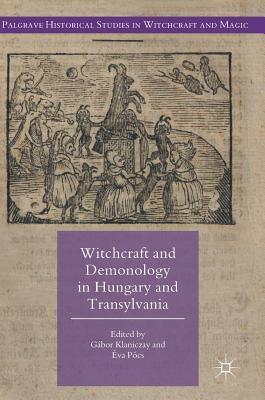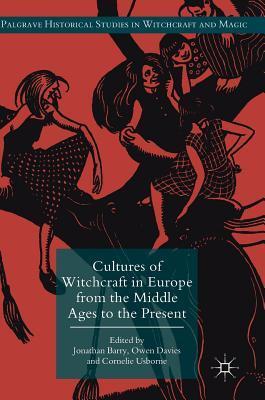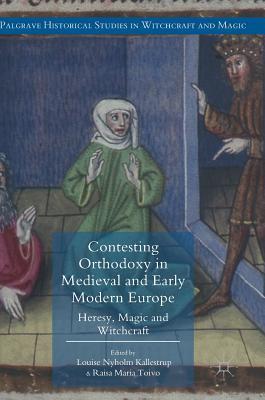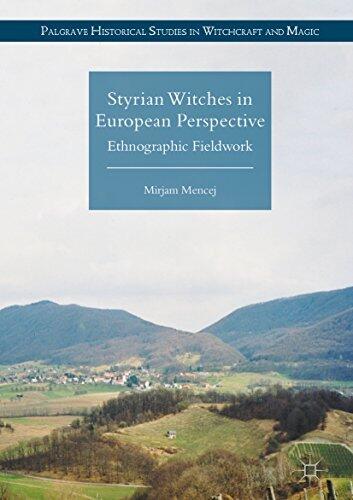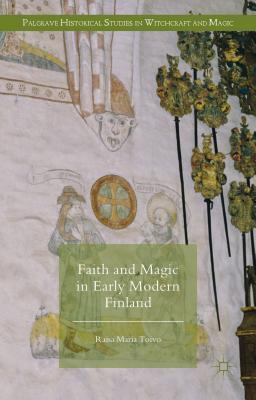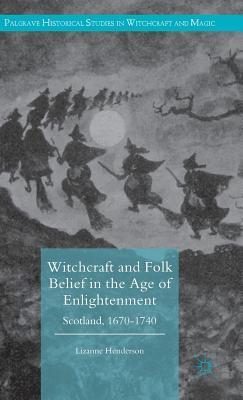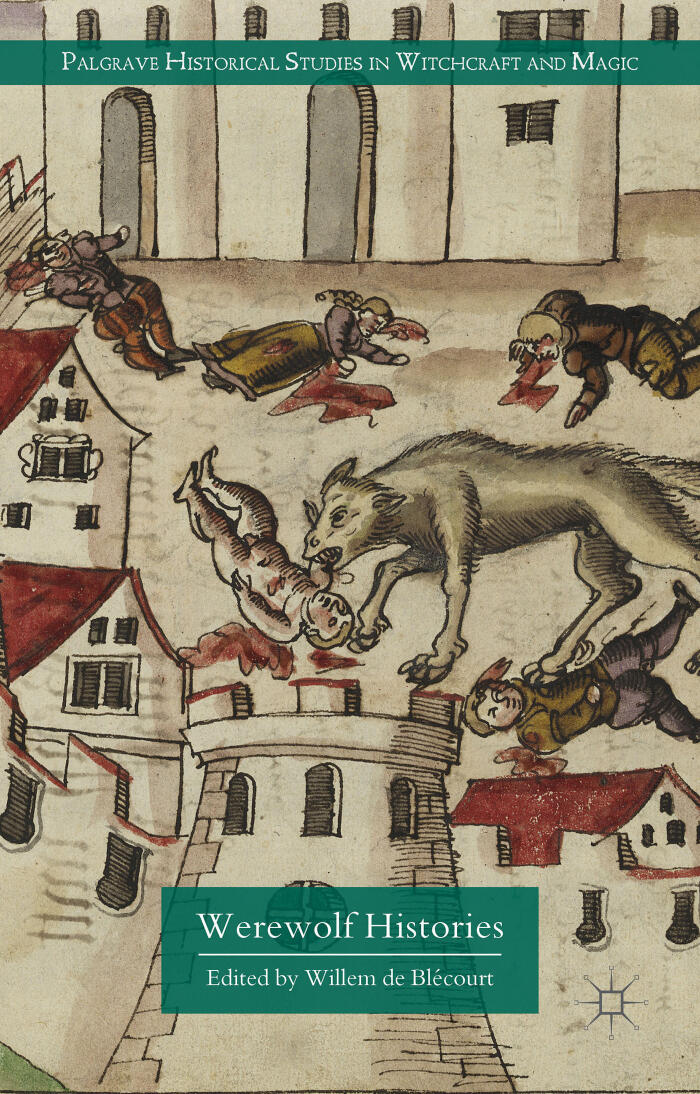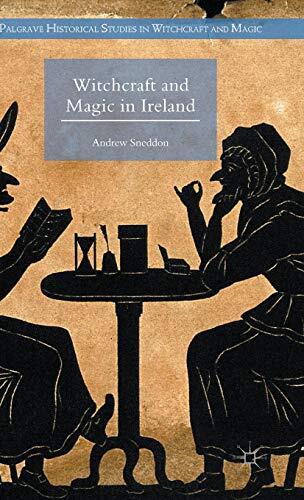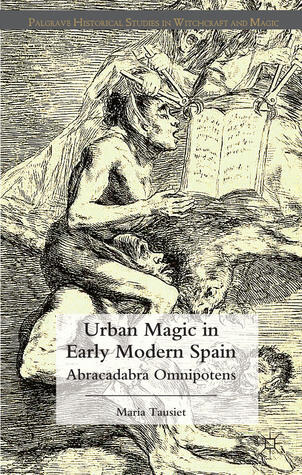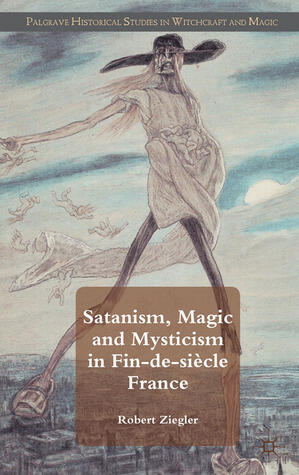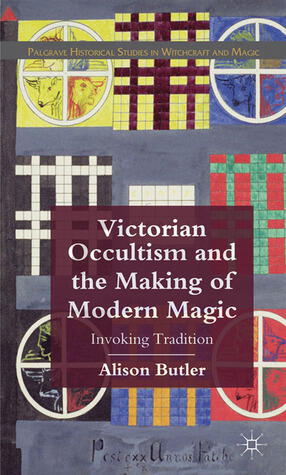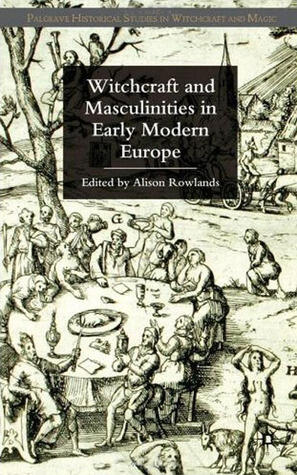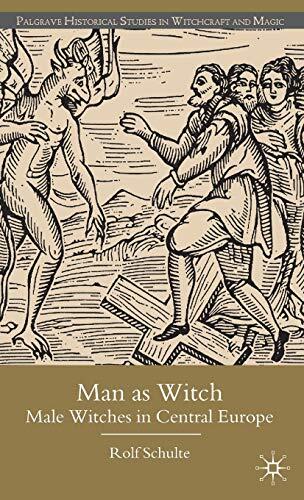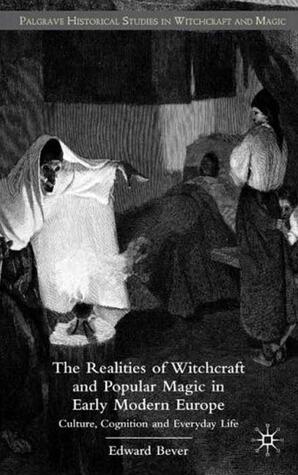
The Realities of Witchcraft and Popular Magic in Early Modern Europe: Culture, Cognition and Everyday Life
por
Edward Bever
Ainda sem avaliações
Fantasy
Formato
Capa dura
Páginas
649
Idioma
Inglês
Publicado
Jun 11, 2008
Editora
Palgrave Macmillan
ISBN-10
1403997810
ISBN-13
9781403997814
Descrição
Edward Bever delves into the intricate tapestry of early modern European society, where witchcraft and popular magic were not merely superstitions but integral aspects of daily life. He examines the interplay between cultural beliefs and cognitive processes, illustrating how these elements shaped the experiences and perceptions of individuals during this tumultuous period.
Through meticulous research, Bever uncovers the nuances of how people understood and engaged with magic, offering insights into the social and psychological frameworks that underpinned their actions. He reveals the ways in which these practices influenced community dynamics and personal interactions, challenging modern perceptions of witchcraft as something purely dramatic or fantastical.
As Bever navigates the historical landscape, he highlights the rituals, beliefs, and societal structures that informed the understanding of witchcraft. The book invites readers to reconsider the complexities of belief and the lived experiences of those who practiced or fell victim to accusations of witchcraft.
Overall, this exploration offers a profound reflection on the role of magic in shaping human behavior and cultural identity, making it an essential read for those intrigued by the intersections of history, psychology, and social anthropology.
Through meticulous research, Bever uncovers the nuances of how people understood and engaged with magic, offering insights into the social and psychological frameworks that underpinned their actions. He reveals the ways in which these practices influenced community dynamics and personal interactions, challenging modern perceptions of witchcraft as something purely dramatic or fantastical.
As Bever navigates the historical landscape, he highlights the rituals, beliefs, and societal structures that informed the understanding of witchcraft. The book invites readers to reconsider the complexities of belief and the lived experiences of those who practiced or fell victim to accusations of witchcraft.
Overall, this exploration offers a profound reflection on the role of magic in shaping human behavior and cultural identity, making it an essential read for those intrigued by the intersections of history, psychology, and social anthropology.
Avaliações
Nenhuma avaliação ainda
Seja o primeiro a avaliar este livro e compartilhe seus pensamentos
Adicione a Primeira AvaliaçãoRegistro de Leitura
Nenhum registro de leitura encontrado
Comece a rastrear seu progresso de leitura para ver os registros aqui
Adicione Seu Primeiro Registro de LeituraNotas
Registro de transações
Nenhum registro de transações encontrado
Comece a rastrear suas transações de livros para ver os registros aqui
Adicione seu primeiro registro de transações
